Search
Search within Conflict
234 results found
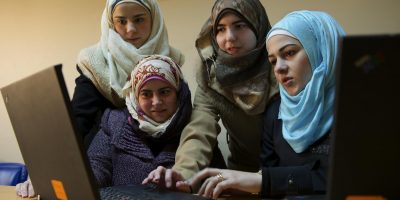
Evidence Reviews
Still Left in the Dark? How People in Emergencies Use Communication to Survive – and How Humanitarian Agencies Can Help
In 2008, a BBC World Service Trust policy briefing argued that people affected by earthquakes, floods or other emergencies often lacked the information they needed to survive and that this only added to their stress and anxiety. Left in the…
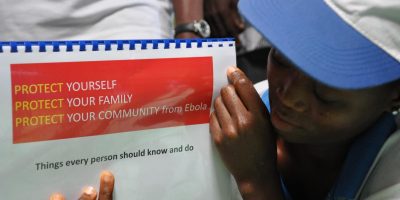
Evidence Reviews
Using Media and Communication to Respond to Public Health Emergencies: Lessons Learned from Ebola
Failings during the early months of the Ebola outbreak caused the epidemic to become an unprecedented health crisis in West Africa. This cannot be repeated.
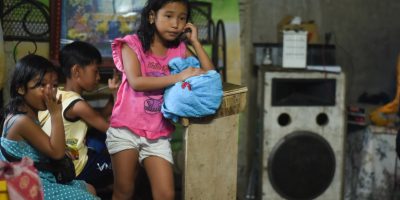
Briefings
Understanding the Effect of Conflict on People and Households
During the last decade, there has been a particular focus of research on the economic and social impact of conflict. The evidence that has emerged shows that armed conflict takes a heavy toll on development and the welfare of the…
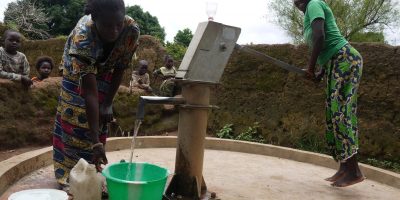
Briefings
Water and Sanitation in Humanitarian Emergencies
In a humanitarian crisis a population’s needs are great and many–for medical attention, shelter, safe water and adequate sanitation, food, and security. Disasters that occur in places that are already resource-poor and underserviced are more devastating than they might otherwise…
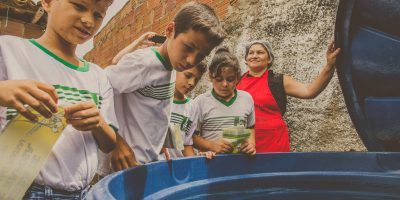
Briefings
Malaria Control in Emergencies: Time for Action
Estrella Lasry, Tropical Advisor to MSF, on measures taken by the organisation to predict and prevent malaria outbreaks in emergency situations.
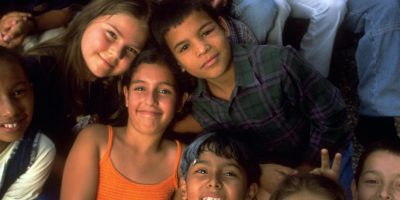
Evidence Reviews
Characteristics of the Colombian Armed Conflict and the Mental Health of Civilians Living in Active Conflict Zones
The fact that the Colombian armed conflict has continued for almost five decades there is still very little information on how it affects the mental health of civilians. Although it is well established in post-conflict populations that experience of organised…
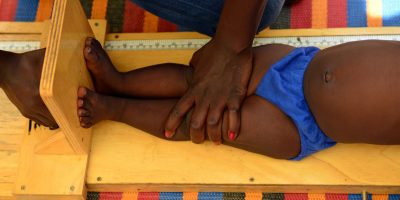
Briefings
NCDs in Humanitarian Crisis
Access to essential medications, such as insulin, must be improved and the impact of NCD preventive activities and preparedness for crisis further addressed. Although this seems an insurmountable task, the impressive progress that has been made in the management of…
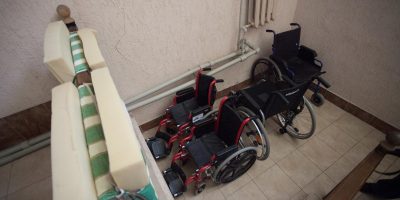
Briefings
Rehabilitating Health Systems in Post-Conflict Situations
Although baseline data for post-conflict situations are frequently unavailable, there is a clear deterioration in the health conditions of populations during and following conflict. Excess mortality and morbidity, displaced populations, and vulnerability to communicable diseases during and following conflict all…
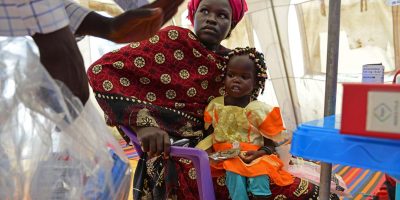
Briefings
Impact of Aid for Health and Education on Gender Equity and Human Development
Initial high human development index scores and per capita income have a strong impact on the outcomes of aid to the health and education sectors.An increase in the share of the government budget allocated to education and health improves overall…
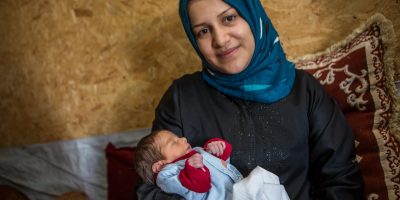
Briefings
Responding to Crises: What Can We Do? What’s Next?
Although sometimes over used, the word ‘crisis’ accurately describes many challenges of today’s world, such as climage change, war and refugees, economic volatility, pandemics, and the continuing unmet needs of the poor, hungry, and neglected. While much has been achieved — in…
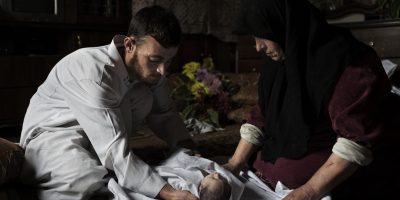
Evidence Reviews
Impact of Post-Conflict Development Interventions on Maternal Healthcare Utilization
We evaluate the effectiveness of a post-conflict development programme on maternal health-care utilization in the Chittagong Hill Tracts of Bangladesh. Our work varies from conventional impact evaluation studies because of the inclusion of two post-conflict psychosocial risks: the household’s actual…
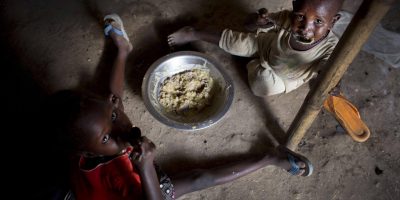
Evidence Reviews
The Limits of Rations and Cash for Food Programs: Food Related Illness in The Gihembe Refugee Camp
Since the implementation of the mVisa program, refugees overwhelmingly believe malnutrition rates are as high as they have ever been in Gihembe, that the same illnesses abound, but that there is less excrement – or watery diarrhea – visible in…


